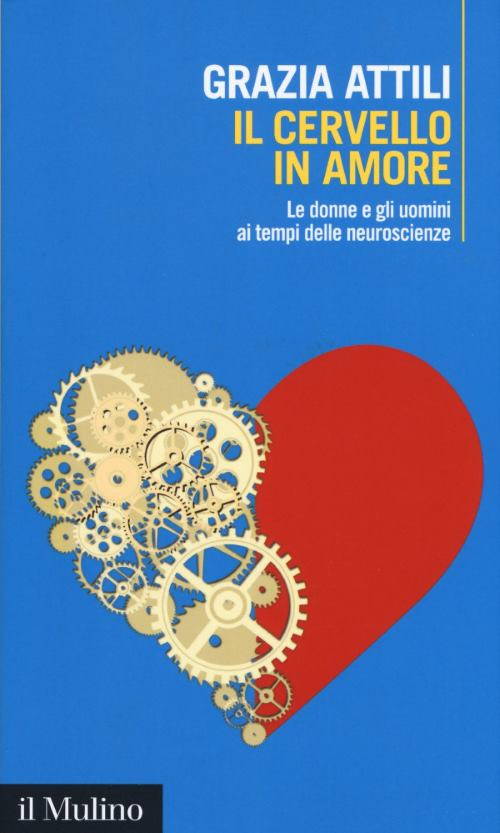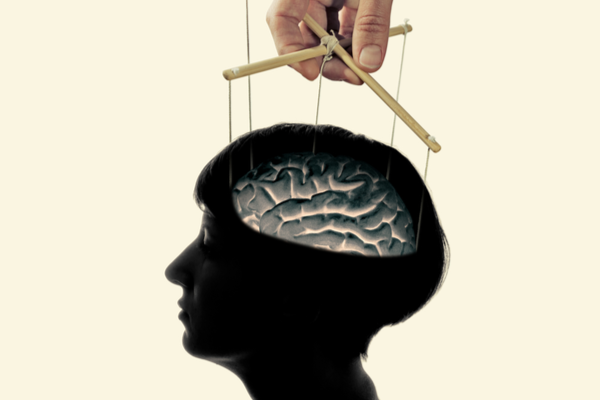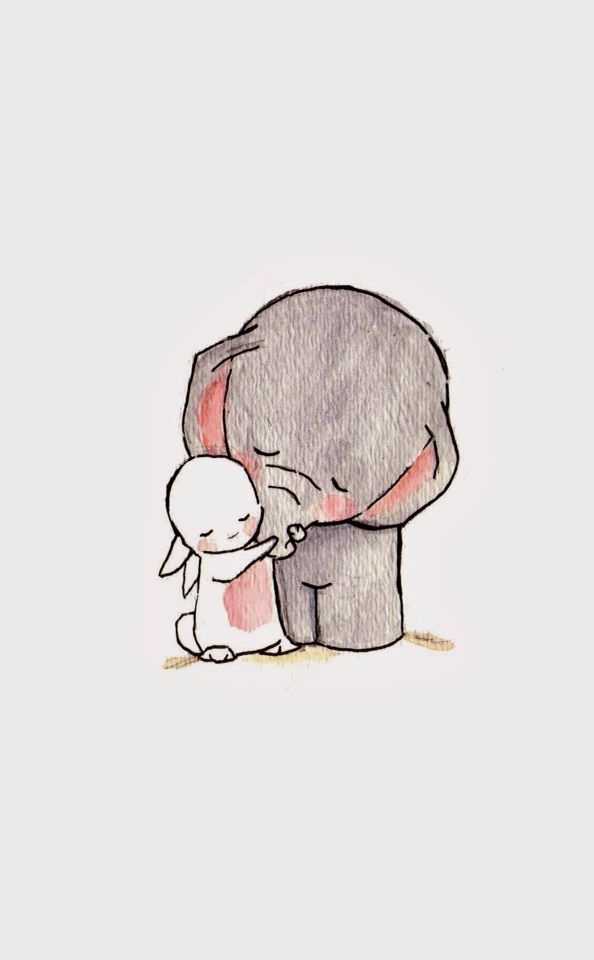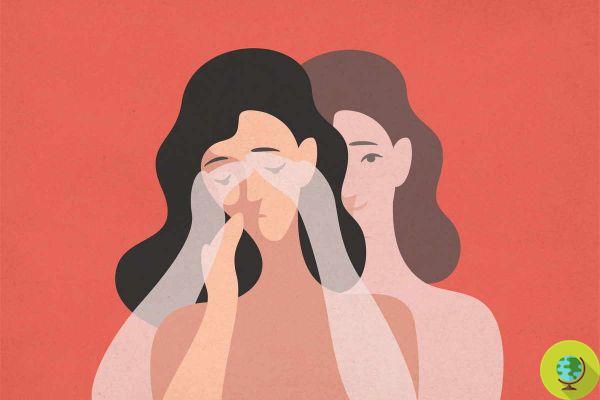We are so used to reacting on impulse when someone does us wrong that we end up poisoning our day or sometimes our life. This Buddhist account shows us that our happiness can often depend on ignoring those who harm us.
Don't store avocado like this: it's dangerousWe are so used to reacting on impulse when someone does us wrong that we end up poisoning our day or sometimes our life. This Buddhist tale it shows us that often our happiness can depend on ignoring those who harm us.
How many times have we heard offended, sad, angry from the behavior of others? This type of reactions are normal and are an integral part of being human, the problem arises when negative feelings begin to take over and end up wearing us down.
Learning to ignore a toxic person is not easy, indeed it involves a profound change of attitude. We have to learn to open our minds and see things from another point of view. In this sense we will speak of 'radical acceptance', a technique developed by psychologist Marsha M. Linehan of the University of Washington.
What does radical acceptance imply? That of accepting something without judging it. Let's take an example: when someone annoys us with his words or with his gestures, it is because we ourselves expect very specific things from that someone and reject what is different.
According to Linehan, this rejection breeds frustration, resentment, hatred or sadness, on the contrary when practicing radical acceptance one simply assumes what happened, without entering into value judgments. The psychological distance creates a kind of shield and makes sure that from one or another situation we will not be emotionally damaged.

To be happy you have to ignore
It is said that once, a man approached Buddha and, without saying a word, spat in his face. His disciples got angry.
Ananda, the closest disciple, asked Buddha:
- Give me permission to give this man what he deserves!
Buddha wiped off calmly and replied to Ananda:
- No. I'll talk to him.
And joining his palms in reverence, he said to the man:
- Thank you. With your gesture you allowed me to see that anger has left me. I am extremely grateful to you. Your gesture also showed that Ananda and the other disciples can still be assaulted with anger. Thank you! We are very grateful to you!
Obviously, the man did not believe what he heard, he felt moved and distressed. He could not give an explanation for what had happened. He was seized by a tremor all over his body, his sweating made him wet the sheets. Never in his life had she met a man with such a strong charisma. The Buddha had shattered his thoughts and his whole way of living and acting.
The next morning the man returned to the master and threw himself at his feet. Then the Buddha turned to Ananda:
- Have you seen? This man came back to tell me something. Even this gesture of touching my feet is his way of telling me what otherwise he could not explain in words.
The man looked at the Buddha and said:
- Forgive me for what I did to you yesterday.
The master replied that there was nothing to forgive him for and explained:
- As the flow of the Ganges makes its water never the same, so neither is man the same as before. I am no longer the same person you did something to yesterday. And the one who spit on me yesterday isn't here either. I don't see anyone as angry as him. Now you are no longer the same man as yesterday, you are not doing anything to me, therefore, there is nothing that I have to forgive you. The two people, the man who spit and the man who received the spit, are both no longer here. So, now let's talk about something else.
You might be interested in:
- 5 emotional wounds that prevent us from living peacefully
- Are you really happy? The 10 signs that prove it
- The pyramid of happiness
What does Buddha teach us with this story?
Person honest and upright he has no reason to react to offenses because they come from the image that a distorted mind can have and not from the reality of the facts. So if someone is misbehaving towards you, don't let their attitude alter your psychological balance. It hurts you only the one you give too much importance to.
Buddha then teaches us that things can change quickly and one must also have the intelligence to understand it. Sometimes, months pass before he apologizes, but the teacher tells us that there is no reason to take it badly for something that, having already passed, no longer exists in the present.


























